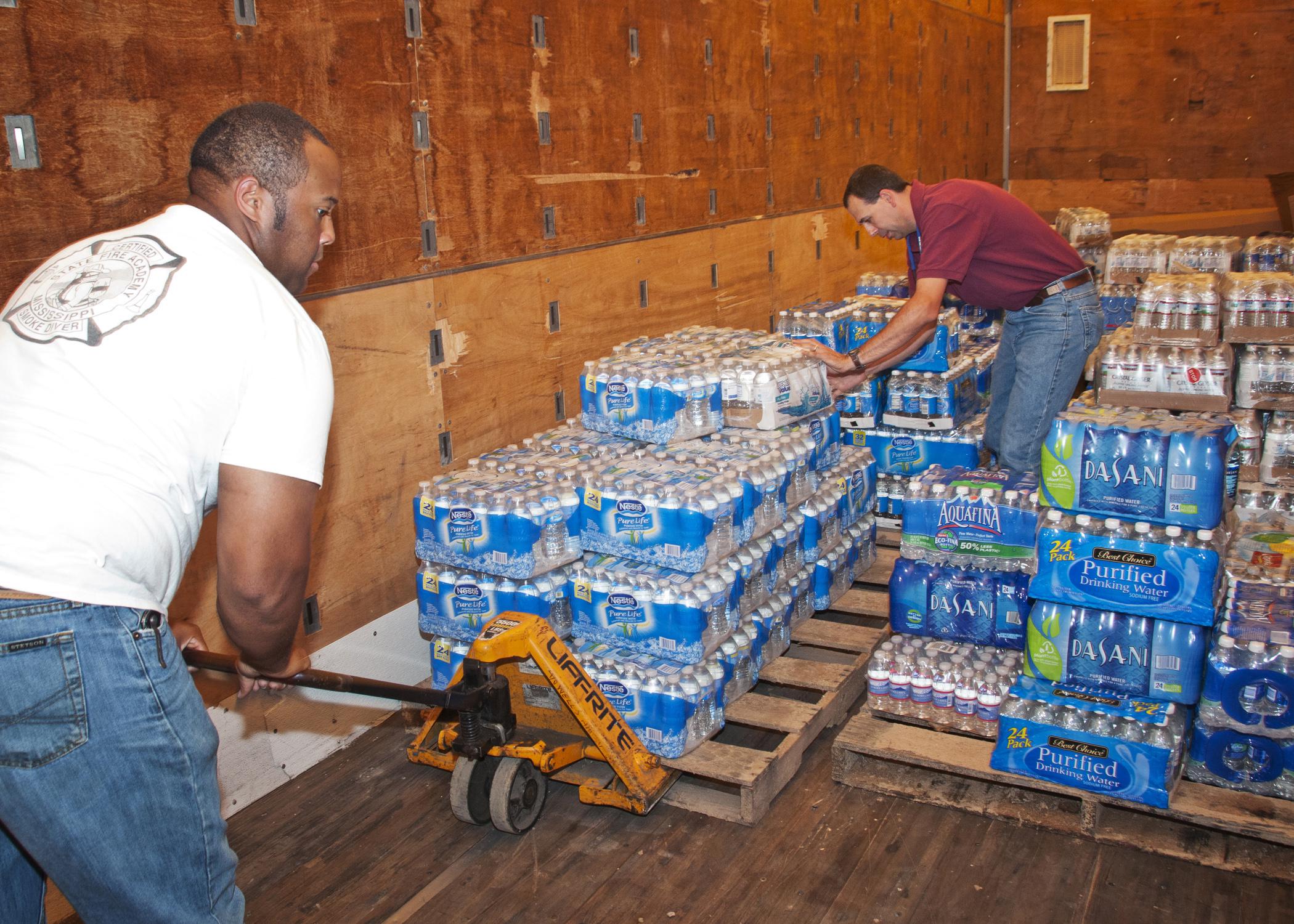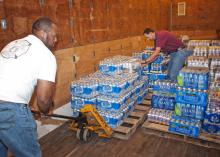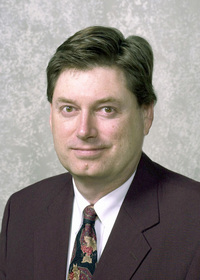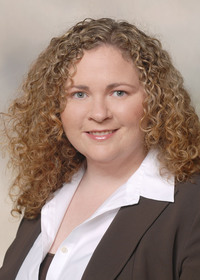Information Possibly Outdated
The information presented on this page was originally released on March 7, 2013. It may not be outdated, but please search our site for more current information. If you plan to quote or reference this information in a publication, please check with the Extension specialist or author before proceeding.
Life's storms can alter career paths
ABERDEEN – B.J. McClenton’s appreciation of horses and livestock attracted him to a career with the Extension Service, but his desire to help people sealed the deal.
The Monroe County Extension coordinator and 4-H youth agent said the educational aspect of Extension appealed to his desire to work outside the classroom, especially with adults. That desire to help others led him to a brief job at the West Point Fire Department. He also became a certified EMT, a path that paid off in April 2011 when an F5 tornado hit Monroe County.
“Since Hurricane Katrina hit the state in 2005, Extension has been making disaster preparedness and response a bigger priority than before,” McClenton said. “Extension sent me through Incident Command System training, and we learned how Extension is involved in Emergency Support Function 11, which addresses agriculture and natural resources.
“Once the tornado happened, we knew we had a duty to help and our jobs kept evolving into different tasks,” he said. “Immediately after the storm, we helped with food safety and preservation, and also livestock containment. Next, we coordinated with the Monroe County Emergency Operations Center to set up a site to handle supplies coming into the county.”
Elmo Collum, an Extension associate who coordinates disaster response, said the response to the tornado by McClenton and other Monroe County Extension Service agents was exactly what they learned in their disaster training.
“A key to effective disaster response is responding to needs expressed by the emergency manager in charge – not going rogue and possibly getting in the way, causing more harm than help,” he said. “B.J. and his co-workers connected with the local Emergency Management Agency and found out what they needed from Extension.”
Collum said Extension agents respond well to disasters. In addition to their training, they are well connected in the communities they serve.
“Monroe County needed a place for residents to come to for supplies like bottled water and roof tarps,” he said. “Our staff was able to help set up a distribution warehouse and then organize donations of food, clothing, hygiene products, water and tarps.”
Collum said the local Extension staff was also able to communicate needs beyond the local level.
“That is how disaster response works. Local responders handle as much as possible and when they need additional help, they send a request to the Mississippi Emergency Management Agency,” he said. “MEMA has a network of agencies that can assist in any disaster.”
McClenton said the storm was not the sort of job experience he wanted, but he was glad to be prepared to help the community through the recovery process.
“I like days when the hardest thing I do is lead a discussion about research and support needs in the equine industry,” he said. “That’s not because it’s easy, but because it helps the industry and means there are no disasters to address.”
McClenton said he has learned to expect the unexpected because he sees it every day. In the cattle industry, he sees changes in farmers’ approaches to raising their animals.
“Beef cattle producers today are different from what they were years ago,” he said. “They used to see their cattle as a hobby, but now, farmers see them more as a business.”
After growing up on the family farm in Clay County, McClenton attended Mississippi State University on a scholarship from the local cattlemen’s association. He earned a bachelor’s degree in animal and dairy sciences followed by a master’s degree in animal physiology. Currently, he is pursuing a doctorate in animal science.
McClenton said he has learned that flexibility is the main skill needed to go with an animal science degree.
“It’s important to have a love and passion for animal science, but you need a fallback plan because of how much the industry is changing,” he said.






